-
Sudan’s Civil War: Local Drivers and External Influence
The fall of El-Fashir on October 26, 2025 marked a turning point in Sudan’s civil war waged since April 2023. After an eighteen-month siege, the Rapid Support Forces (RSF) seized the last major stronghold of the Sudanese Armed Forces (SAF) in Darfur and immediately carried out mass killings against unarmed civilians, including the reported execution…
/
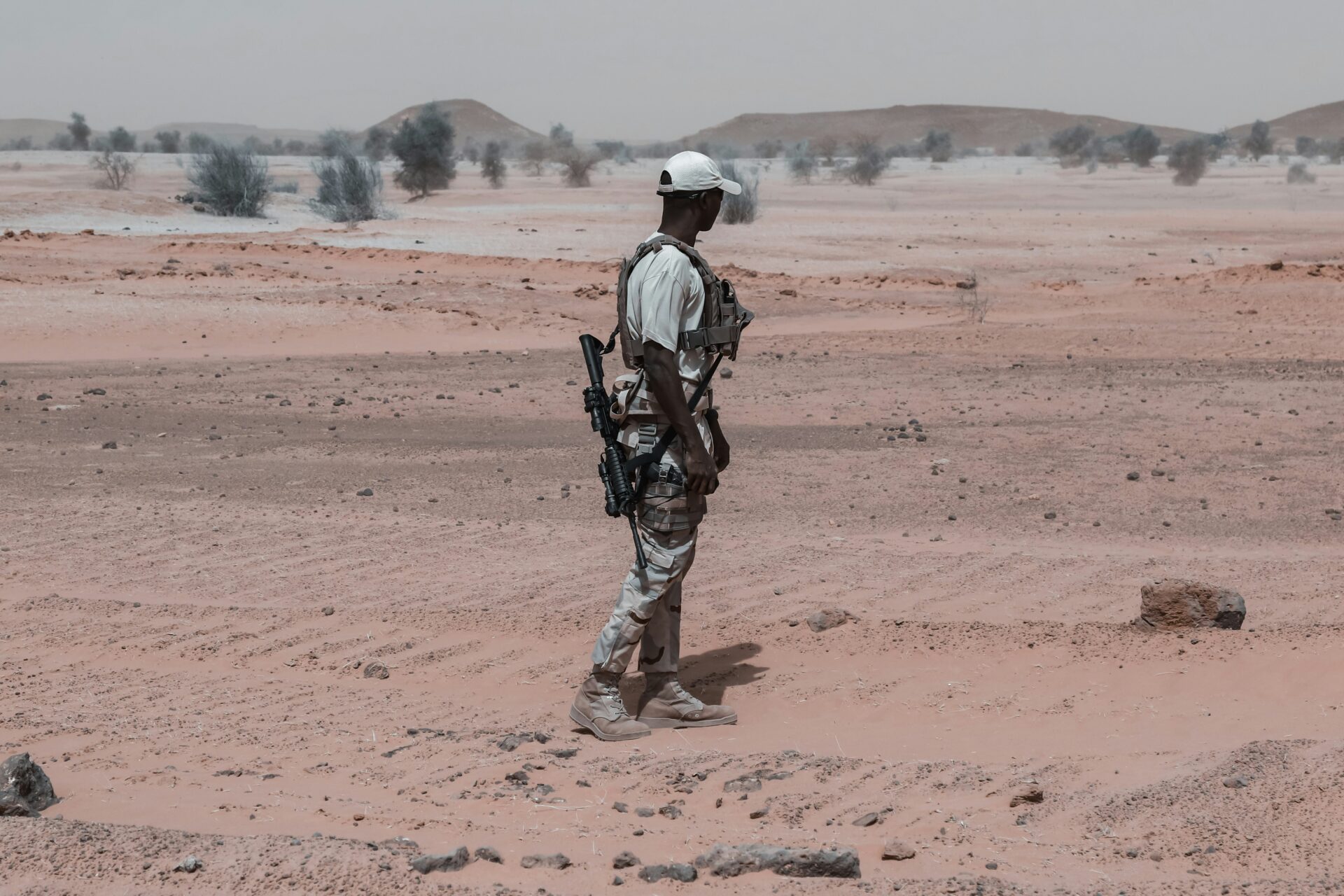
-

How the Australian Government can hold Israel to account
The ALP’s landside victory gives it the necessary political capital to hold Israel to account.
/
-

Kazakhstan’s Turn to Nuclear
When it comes to nuclear power, Australian and Kazakhstan share many similarities with both countries currently considering their nuclear futures. While Australian opposition leader, Peter Dutton continues to advocate for the development of a domestic nuclear power industry as part of his 2025 election campaign, Kazakhstan’s government is moving ahead with construction of its first…
/
-
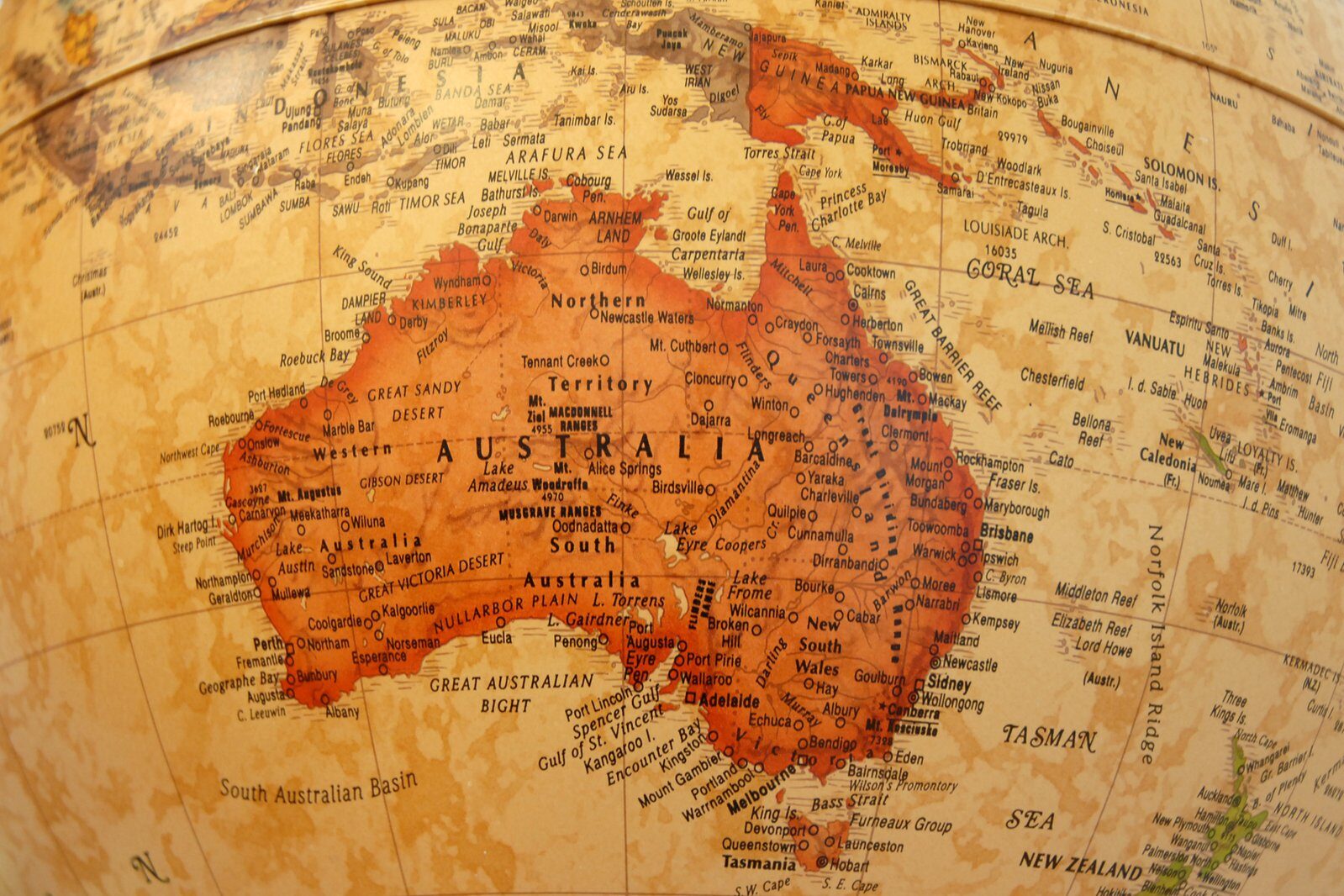
The Language of Landscapes in Palestine and Australia
Earlier this year, in a meeting with Israeli Prime Minister Benjamin Netanyahu, US President Donald Trump asserted the US would not only take over Gaza but transform it into what he described as the ‘Riviera of the Middle East’. His comments have been roundly criticised as tantamount to a violation of the Geneva convention, which…
/
-

Central Asian Migration Patterns and Their Implications for Australia
Only small numbers of Central Asia migrants make their way to Australia yet the experience in the broader Asia Pacific suggests that this could be a missed opportunity for Australia to benefit from skilled Central Asian migrants.
/
-
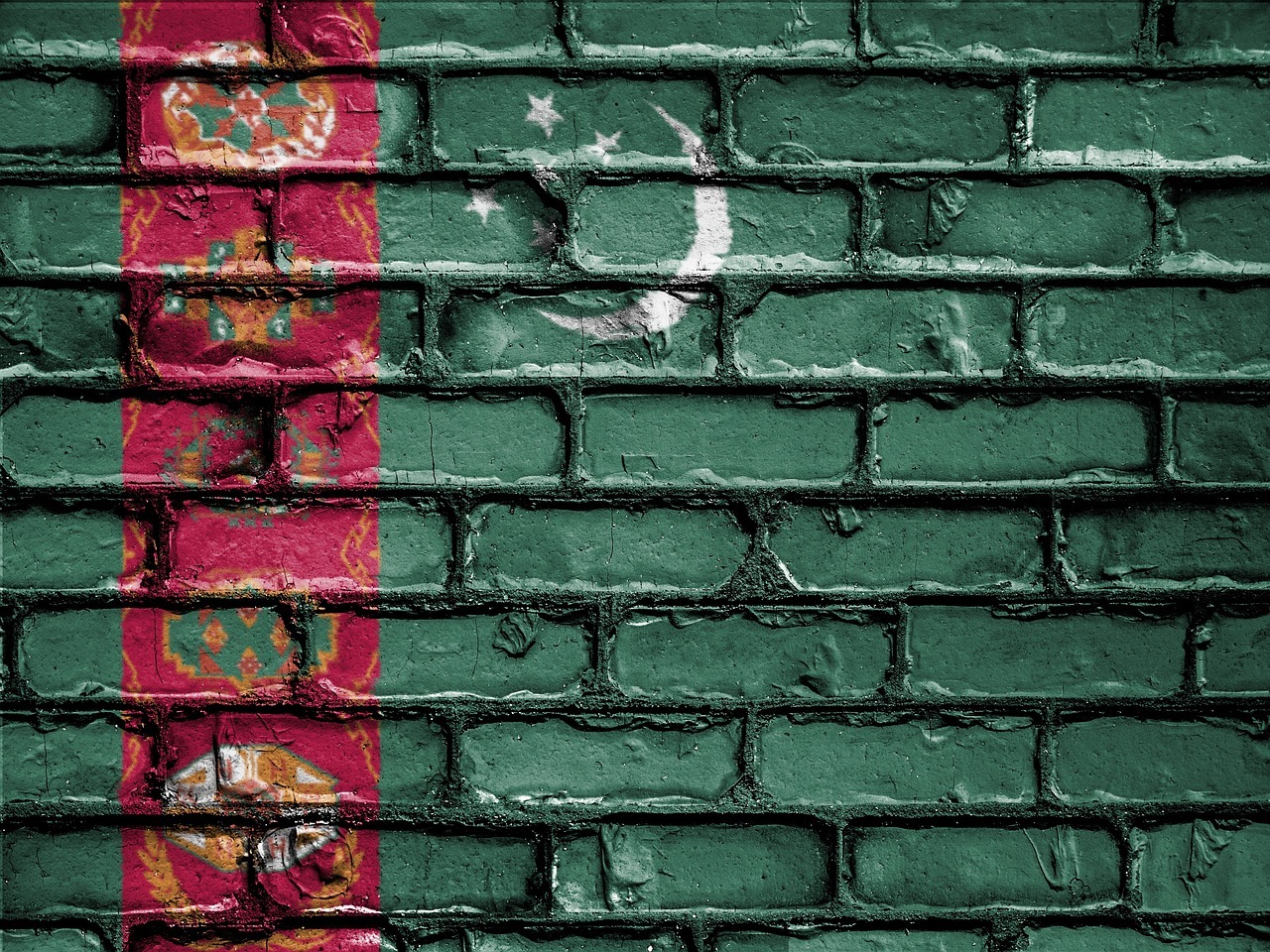
Turkmenistan’s Political Future amid Growing Australian Ties
The strengthening of ties between Australia and Turkmenistan comes as domestic politics in the Central Asian states settles into a new pattern following last year’s leadership transition.
/
-
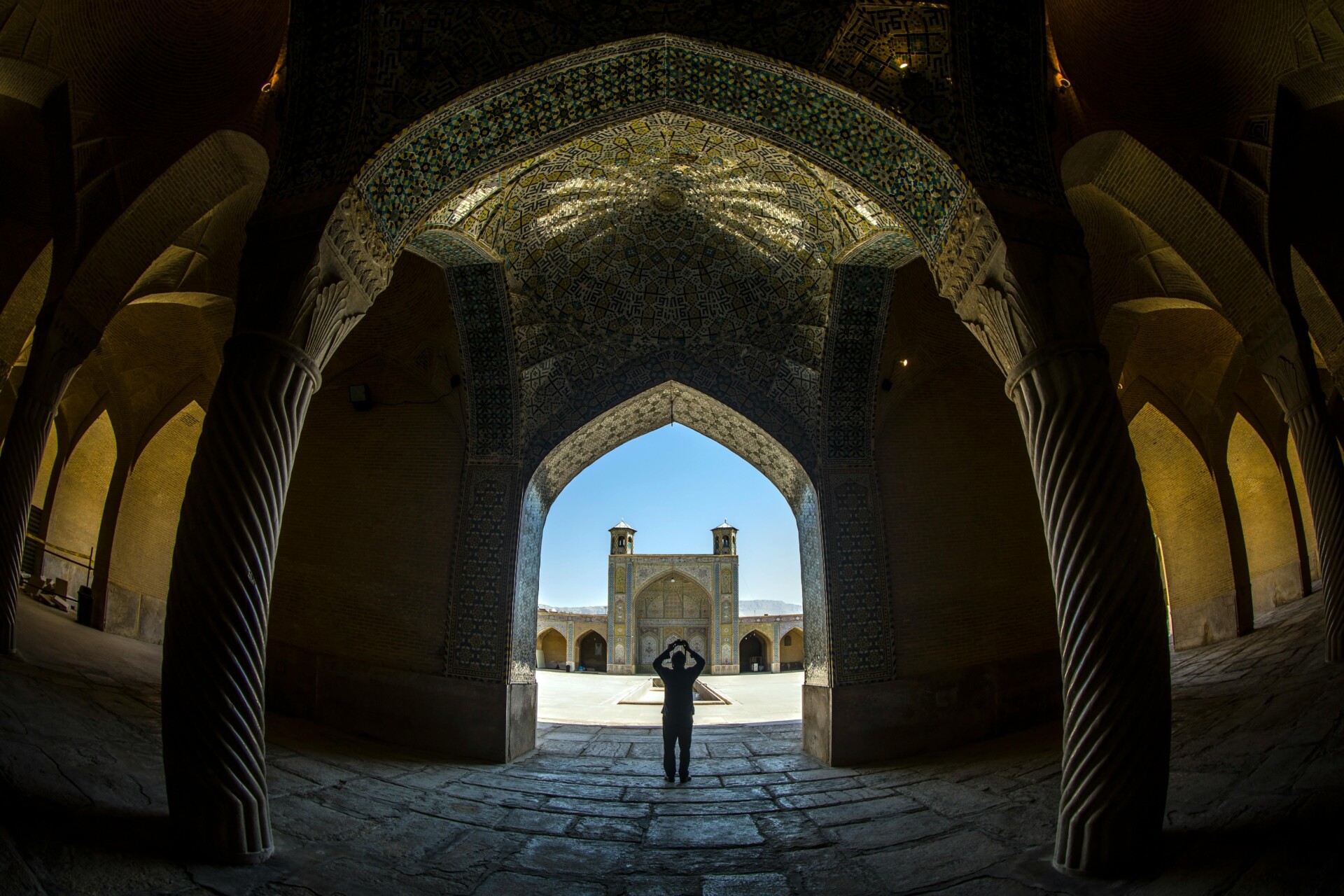
The Fragility of Iranian Security
The assassination of Ismail Haniyeh in Tehran not only underscores profound vulnerabilities within Iranian intelligence but also could potentially mark a shift in the geopolitical landscape of the Middle East. Likely orchestrated by Mossad, this operation exploited critical weaknesses in Iran’s Communications Intelligence (COMINT) and Signals Intelligence (SIGINT), revealing not just external penetrations but possibly…
/
-
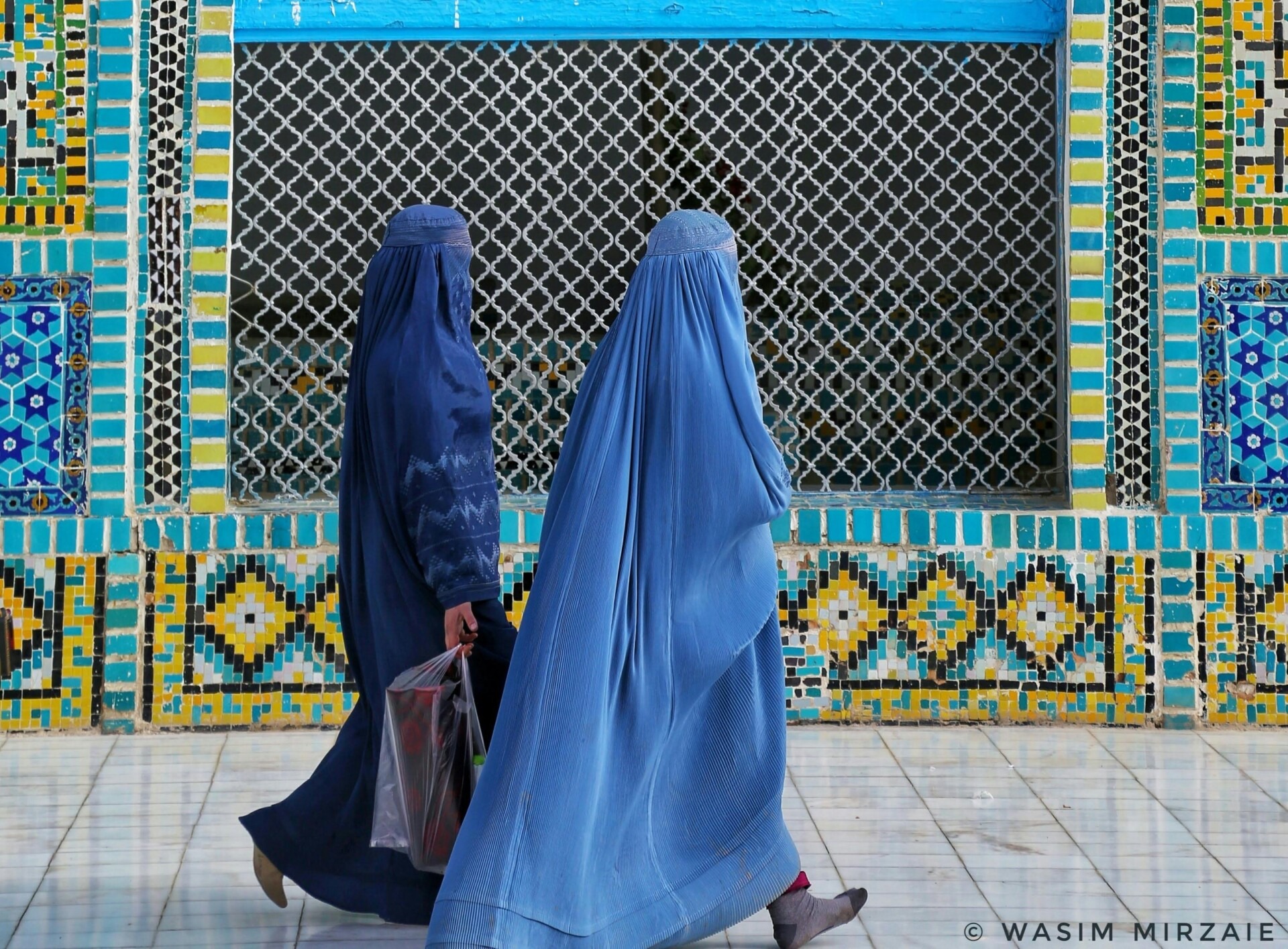
A Weaker Taliban After Three Years in Power
Is the Taliban as strong as it looks? The group continues to face several problems it is either unable or unwilling to solve. While seemingly secure in the short-term, it could threaten to undermine its hold on power in the coming years.
/
-
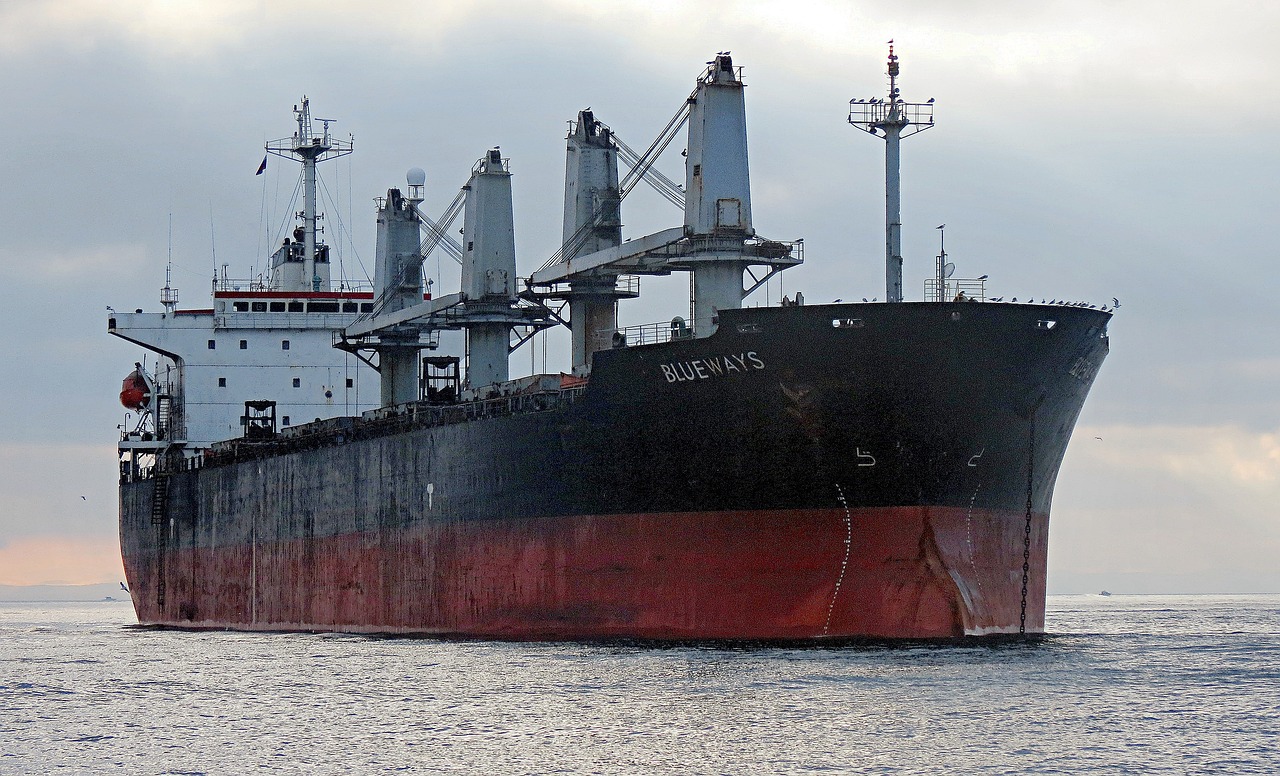
Houthi attacks in the Red Sea and Solidarity with Palestine
Recently, there has been a surge of interest in Yemen following the Houthi military campaign attacking ships traversing the Red Sea. But why and how have their campaigns increased the groups popularity both regionally and beyond?
/
-
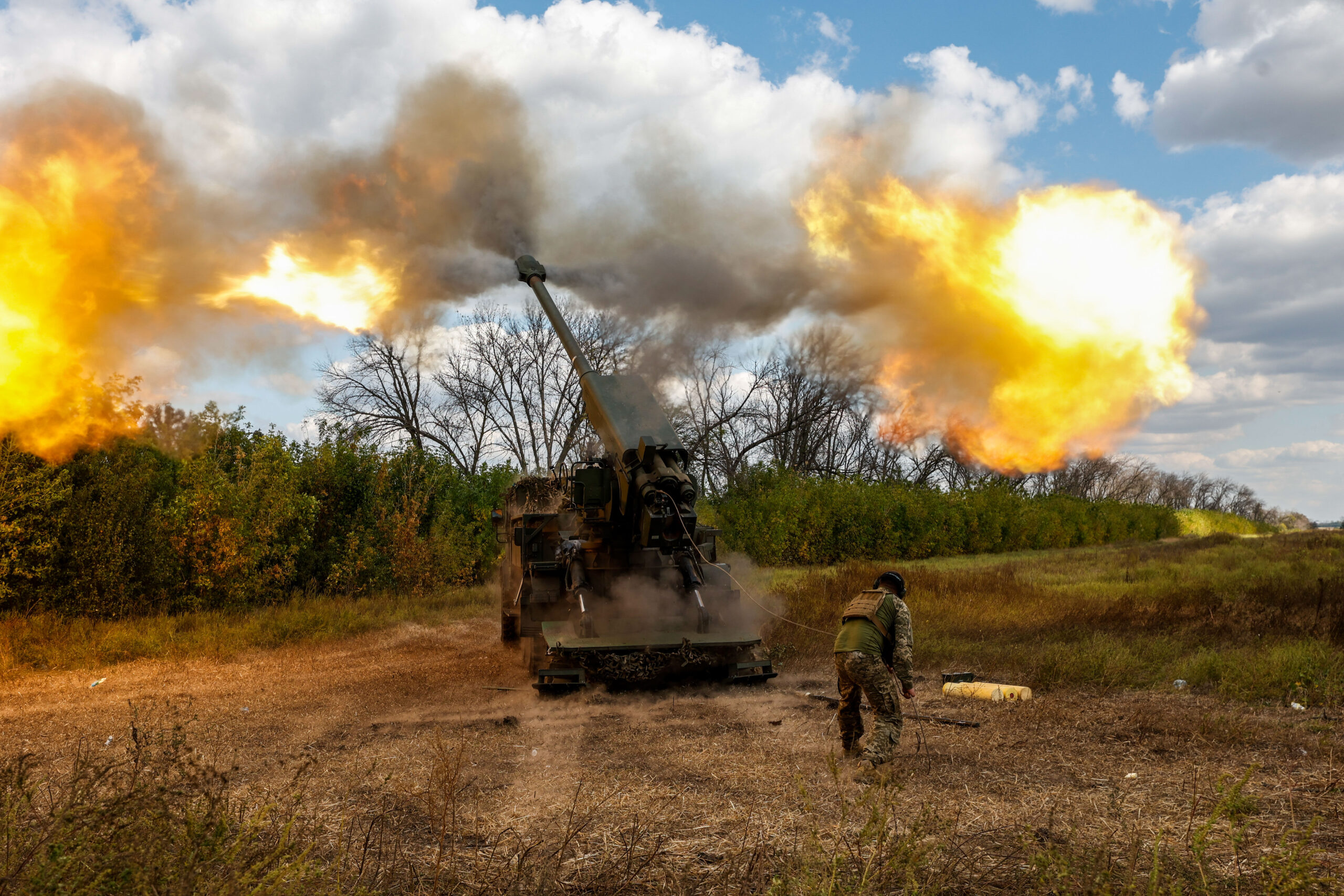
Central Asia and the Conflict in Ukraine: Russia-Friendly Neutrality
Since the onset of the war in Ukraine in February 2022, the Central Asian countries of Kazakhstan, Kyrgyzstan, Tajikistan, Turkmenistan and Uzbekistan have adopted a neutral stance towards the conflict. Their leaders have carefully avoided passing value judgement on the war which Dushanbe, for one, still calls “an incident that occurred between the two states” …
/
-
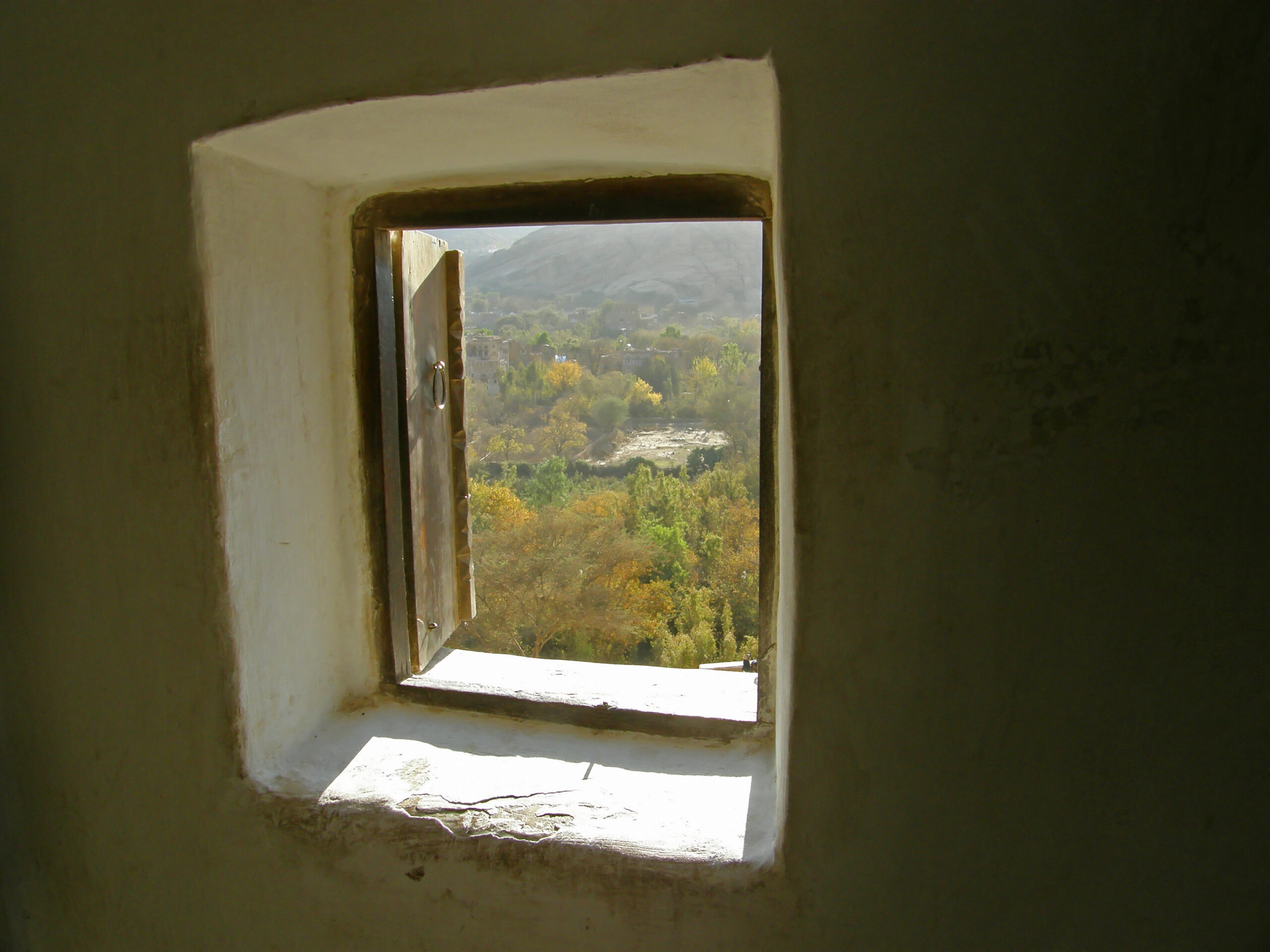
Yemen’s long road to peace
Omani-mediated peace talks between Yemen’s Iran-backed Houthis and Saudi Arabia marked a hopeful move towards finally ending the proxy war in Yemen. This was an expected step following the earlier Iranian-Saudi détente brokered by China. Since then, officials from both sides have met for several rounds of talks, the most recent in Riyadh this past…
/



